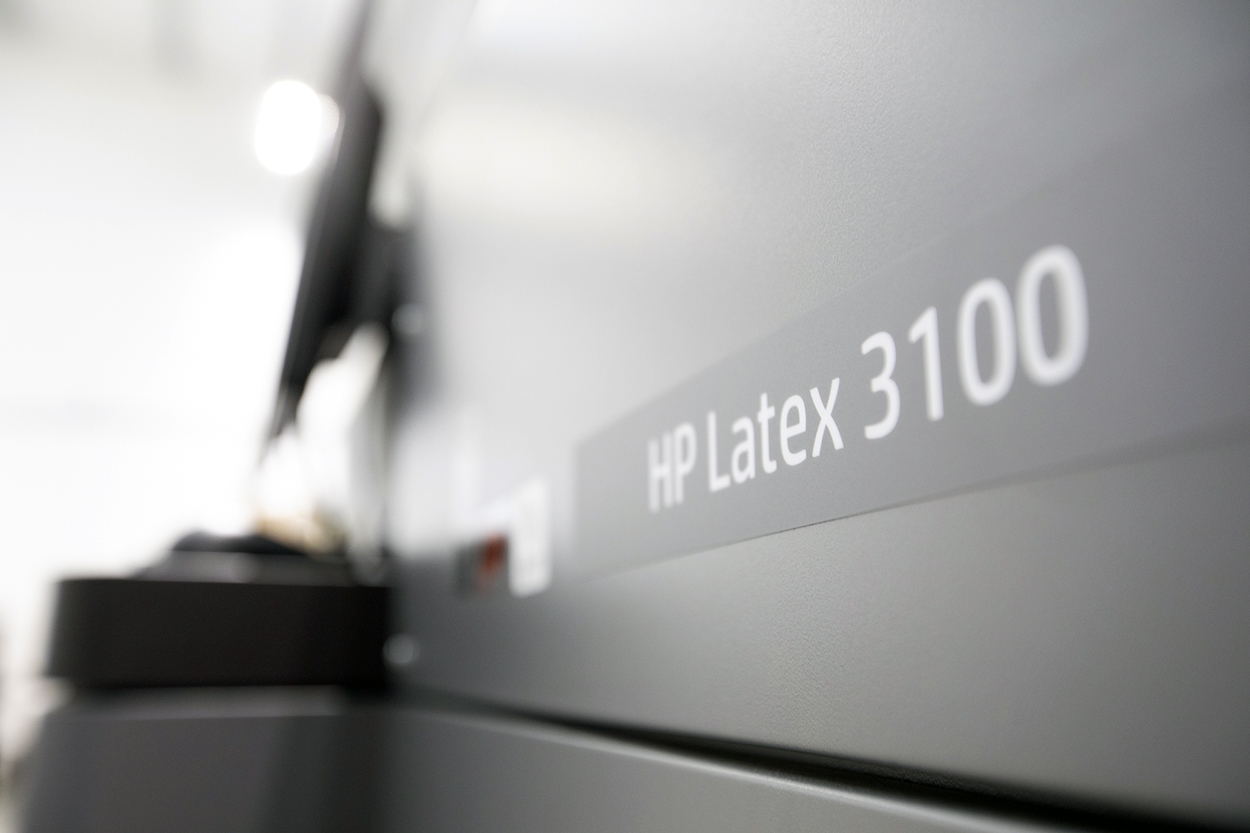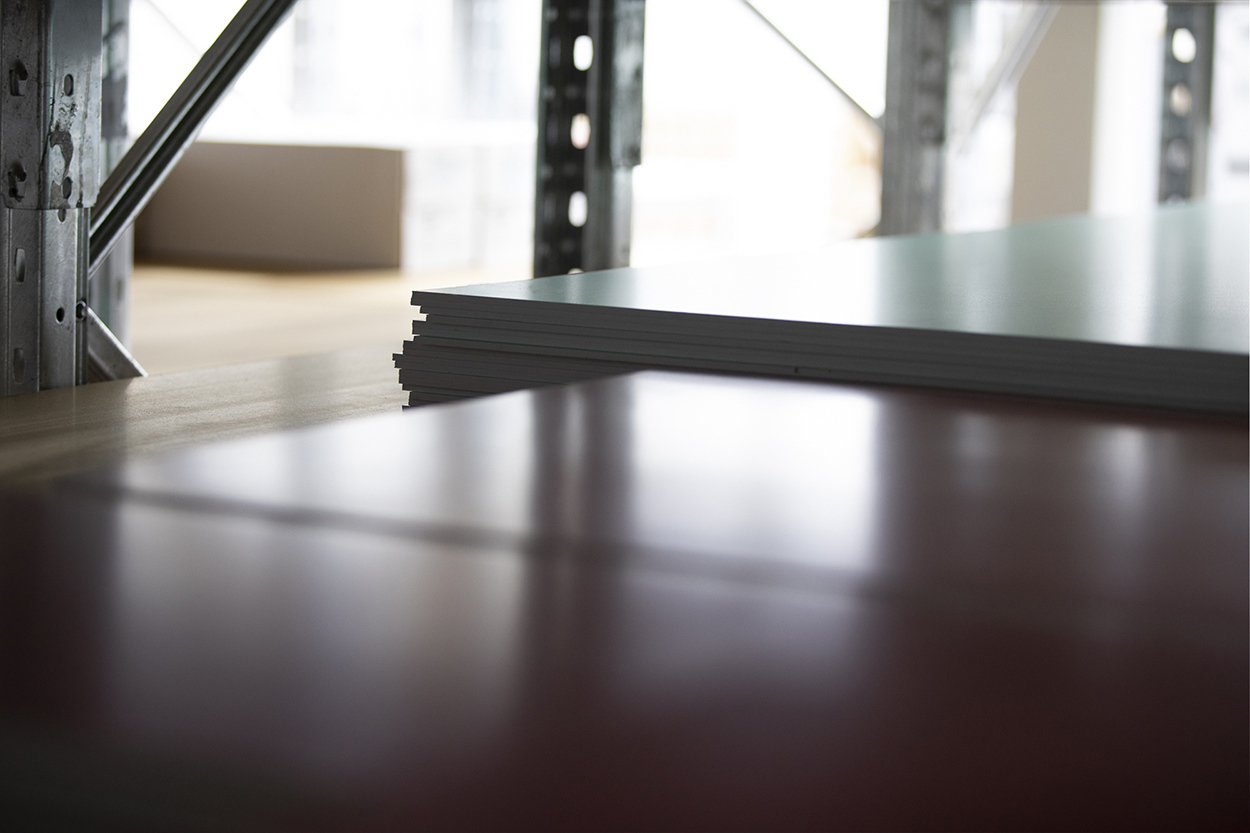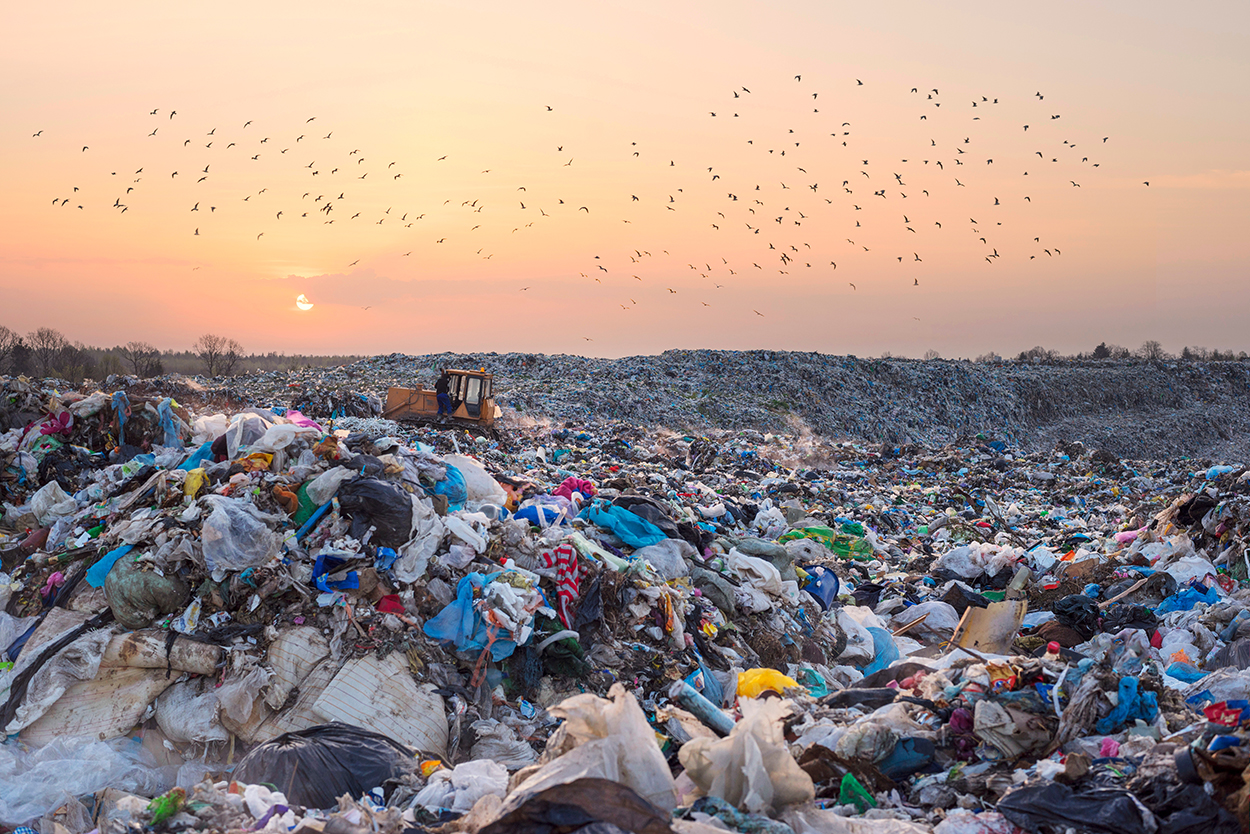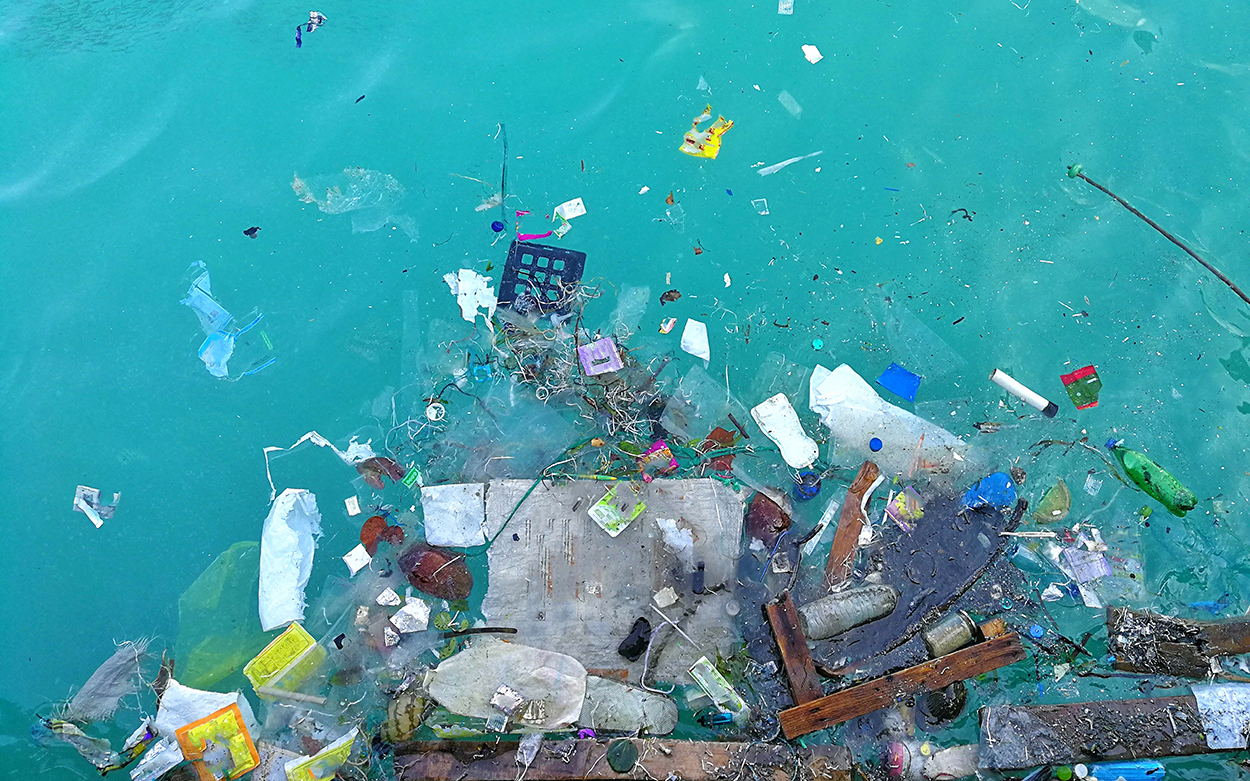
The large format print industry is making significant inroads into its sustainable practices and eco offering. It's been trying for years but we felt with very little traction. Despite how loud some of us have been shouting over the last 10-15 years, asking the question to our own suppliers, "where are the environmentally friendly materials?", eco media and substrate options were thin on the ground until recently. This was most likely due to a lack of customer take-up and therefore a lack of investment in suitable Research and Development. There have been some exceptions to the rule of course, and thankfully rising consumer demand for eco-friendly products is fuelling the availability of new printing substrates from most suppliers now. We do understand that R&D takes time but it certainly feels like a 'hurry up' has taken place in the past 12 months with new products seemingly being launched weekly.
Money talks at the end of the day even if we personally believe it's a social responsibility for manufacturers and service providers to offer sustainable products for their customers and users. For example, interesting advances in vegetable-based eco-solvent and waterless-based inks are being made within the large format print industry. And along with biodegradable media, these are exciting developments with potential big sustainability impacts. This is in addition to the latex-based inkjets we already use. Recycled fibre boards and PVC-free roll media is already fairly commonplace although there is still the thorny issue of re-use and recycling that needs to be addressed.
Of course, there are other ways to offer sustainable print, not just the materials you offer. Reducing energy consumption is, for want of a better term, a hot topic right now. We have gone from blisteringly hot summer periods to the genuine threat of a cold winter due to rising fuel costs. Closing down computers and printing RIPs when not in use is a good way to reduce energy, as of course is turning off lighting.
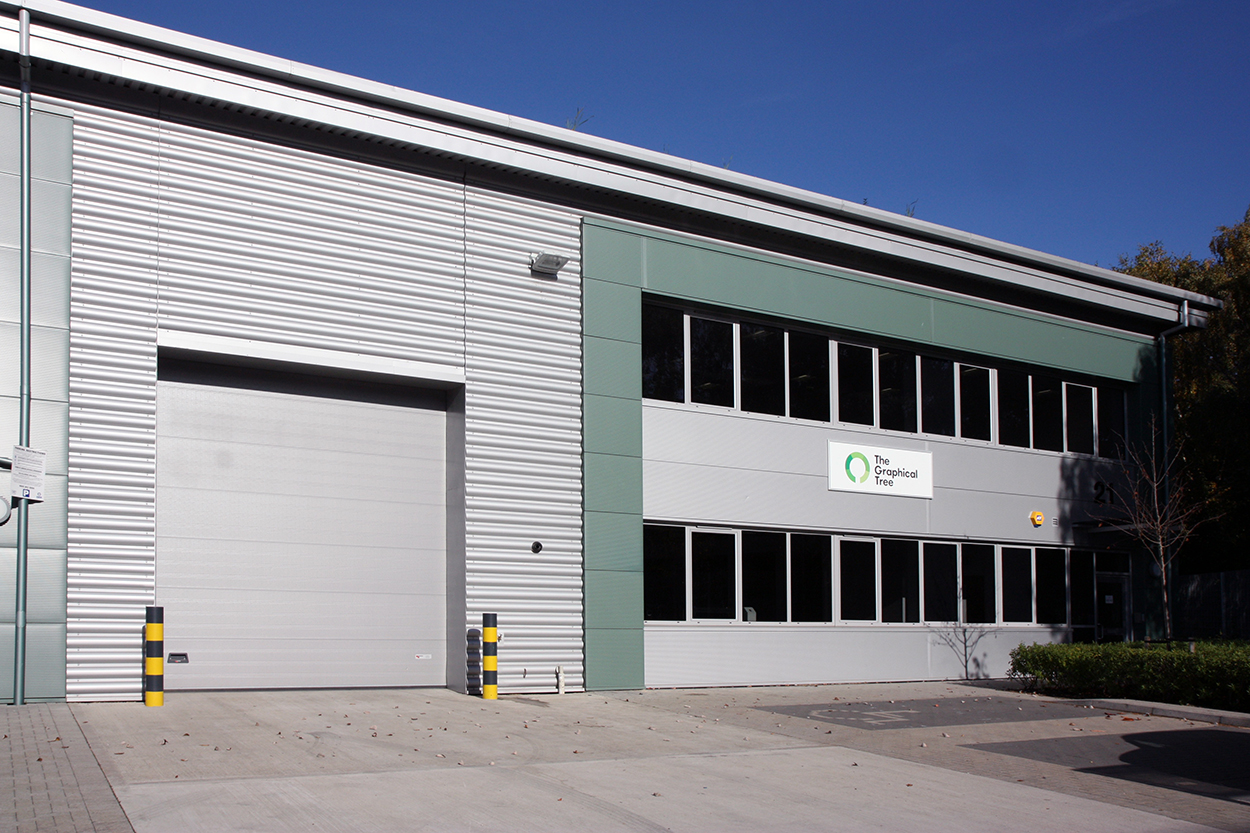
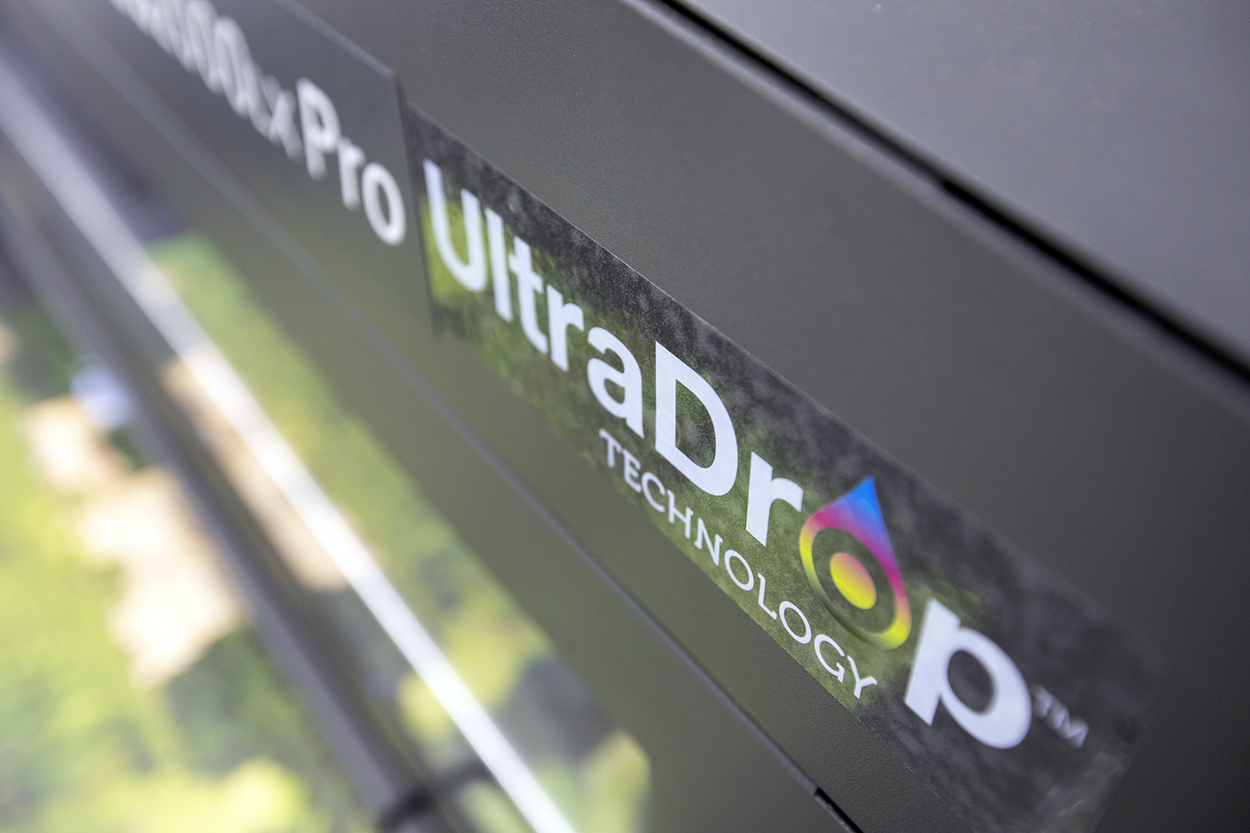
The Graphical Tree made a conscious decision when choosing our second production site in West London as it offers in-house energy generation through solar power. This was the same with our choice of flatbed direct-to-media printer which uses low-energy LED bulb ink curing rather than the heater-based version in most other machines.
Print management can also play an active role in media and energy usage. A good production team can plan jobs in unison on the same media and printer rather than chopping and changing from one media to another, only to have to put the same media back on the printer again to run another job. This cuts back on media wastage for starters. If you can look at the big production picture including which materials need to be used and their deadlines, you'll find you'll make savings on media, energy and time. Can you also bulk order to consolidate your material deliveries saving on fuel consumption (and extra delivery charges)? The same can be said of despatch – is it possible to arrange collection/delivery of local jobs on foot (by yourself or a customer) or perhaps use a pushbike service? You can read our Tips for Sustainable Graphics article here.
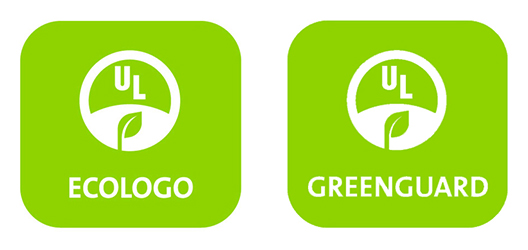
At the end of the day, there's no point in hiding. We have to face the fact that Climate Change is here and real, and will greatly affect life unless we rise to the occasion now. It has to be a social responsibility to think and act sustainably in business. There is no point in greenwashing as the planet will see through it. Greenwashing cannot be a facade to sell more products.
If we make a noise and ask for change from those that have the power to implement it, then change can in fact happen. Plastic-free packaging will happen just as the reduction of plastic shopping bags has in major supermarkets. Even five years ago the number of sustainable eco materials on the market for large format print service providers was very few and far between. But for the continued asking of questions and requests to the media manufacturers, coupled with the post-pandemic demand from customers, things are starting to change rapidly at last. It's a pleasure, and a necessity, for The Graphical Tree to be part of the Print Working Group at isla because it helps inform and structure the narrative about environmentally friendly practices within our industry, and hopefully at government level too – that's certainly the plan.
All this with the new government going ahead with the fracking directive in the UK, Boris Johnson urging us to "go big" with a new nuclear energy plant, and energy prices rising due to the ongoing situation in Ukraine. Renewable energy should be on the up, harnessing the abundant sea and wind power opportunities we have by being an island nation bordering both the Atlantic Ocean and the North Sea. It would be easy to get off your soapbox, but we have a platform of sorts, and we should be using it to educate about what is possible from a sustainable large format print perspective.
So, please ask about sustainable media when you talk to us about a large format print quote – it gives us more (green) fuel to press our large format print suppliers with to implement more change for the good. We have options available to you. Surprisingly many are very cost-effective and even cheaper than some of those more familiar. Admittedly others are a little more pricy than the standard materials, but we think the planet is worth the investment. We know our children will think so too.
